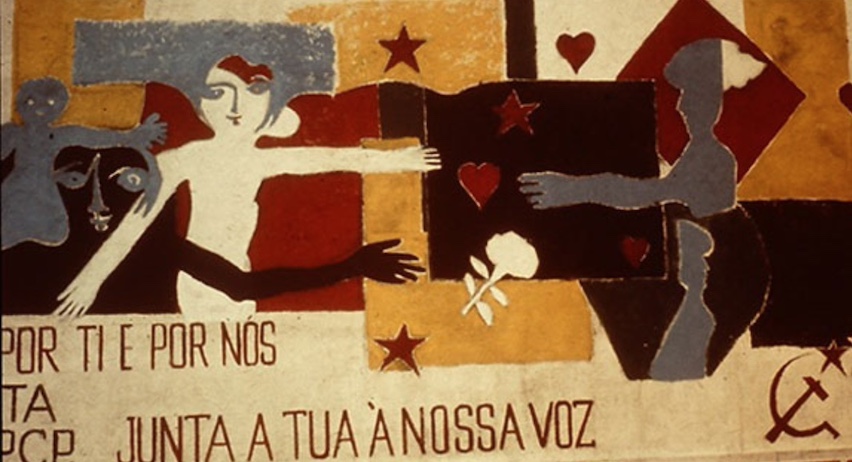“Estava a fazer uma direta num sótão e, para não se ouvir o barulho na rua, liguei o rádio. Ouvi tudo e quando ouvi a Grândola vi logo que o que vinha aí não era nada de mau.” Aurora Rodrigues
“No café, já perto da meia-noite, um português, taxista em Bruxelas, disse que ia imediatamente para Portugal e rapidamente encheu o táxi, logo ali, com refugiados portugueses exilados há 20 anos – desesperados de saudades da nossa terra, loucos por regressarem.” Florival Baiôa
Memories of April 25, as memories for other significant public events, allow us to investigate an individual to collective memory continuum. Those who lived the event in 1974 and younger generations who learned it from social or historical sources, may retain personal and factual information about the event. For example, people often report remembering where they were or how they felt when they first heard about the revolution. These flashbulb memories are typically vivid, long-lasting, and endowed with high confidence levels, even though they are susceptible to decay and distortions like other memories.
In addition, significant public events are often associated with event memories, that is, memories for the factual details of the event. For instance, people might remember which songs were used to signal the revolution or they may recall the three Ds of the program of the armed forces movement. By rehearsing these memories, through conversations, media news and books, people can form shared representations of the revolution that can be considered collective memories. These shared representations help to shape our collective identity.
Collective memories are bequeathed to posterity and are relevant in assessing the meaning of the past. But likewise, they may define imagination and anticipation of future scenarios. Studies have shown that people who remember more information about a public event also believe that the event will be remembered more in the future and that governments should make efforts to remember it in the future.
So, as we evoke memories of the dictatorial and colonial past, of the resistance and of the revolution, we are also opening up multiple possibilities as to the path forward.


